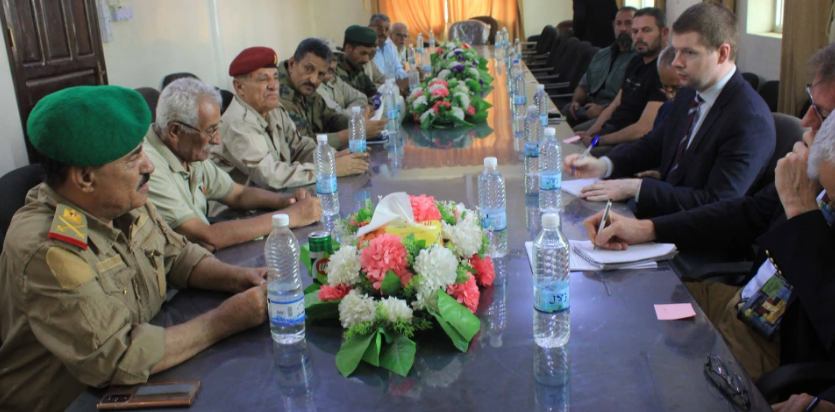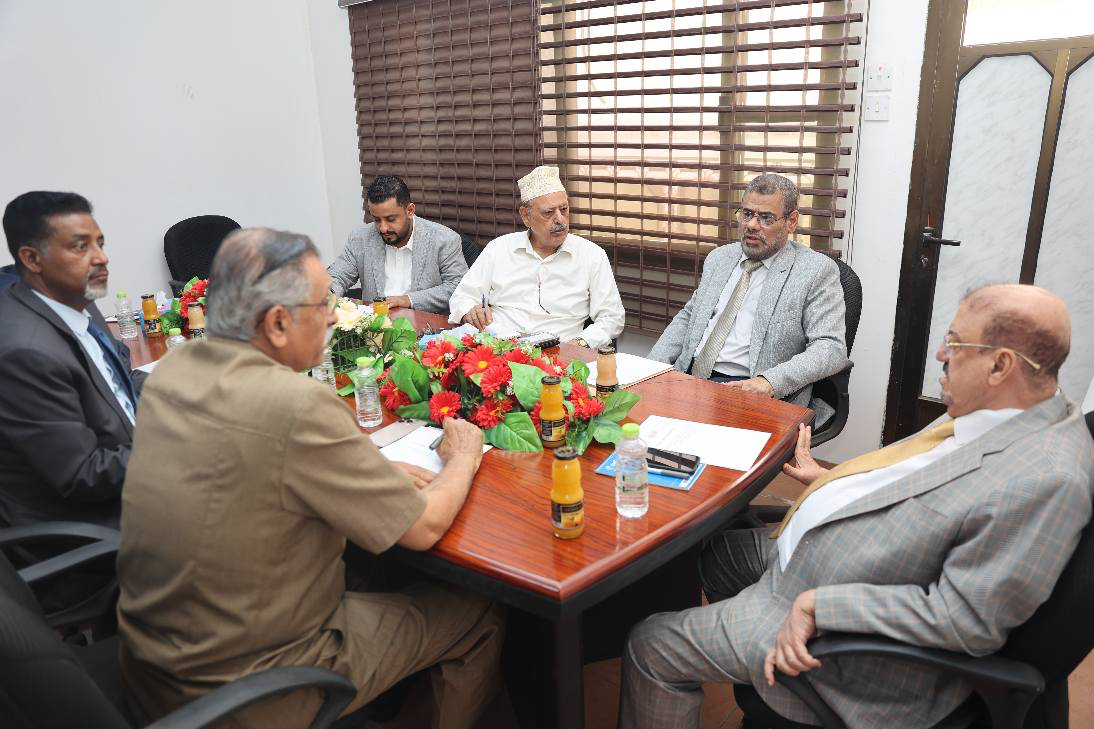
Barran Press
Houthi rebels have reportedly arrested 54 civilians in the capital, Sana'a, for using Starlink satellite internet devices. Human rights sources confirmed the detentions on Wednesday.
The Yemeni Network for Rights and Freedoms stated that Houthi forces recently conducted widespread raids on homes and businesses across Sana'a. During these operations, they confiscated electronic devices, imposed hefty fines, and imprisoned citizens without legal basis.
The Iranian-backed group also forced computer science faculty and students at Sana'a University to attend propaganda seminars on the "danger of satellite internet," aiming to instill fear and justify their crackdown without allowing open discussion.
The network emphasized that this campaign, touted by the Houthis as a move to protect national sovereignty, is a desperate attempt to maintain their monopoly over the telecommunications and internet sector, a significant source of their illicit funding.
These actions are a "flagrant assault on the right to privacy, freedom of communication, and expression," the network said, calling them part of the group's tactics to tighten its grip on civil society.
The Yemeni Network for Rights and Freedoms urged the Houthis to immediately release all detainees and halt all forms of intimidation related to modern communication tools, asserting citizens' right to secure, open internet access. They also called on international organizations and UN rapporteurs to investigate these violations and hold those responsible accountable.
Starlink devices are increasingly popular in Houthi-controlled areas as residents seek to bypass the group's pervasive surveillance. In late April, the Houthis had ordered residents to surrender all Starlink equipment by May 1, threatening confiscation, arrests, and fines for non-compliance.
Conversely, the internationally recognized Yemeni government approved Starlink's launch on August 6, 2024, and began a trial phase in liberated provinces in September 2024 to assess the service's quality.





